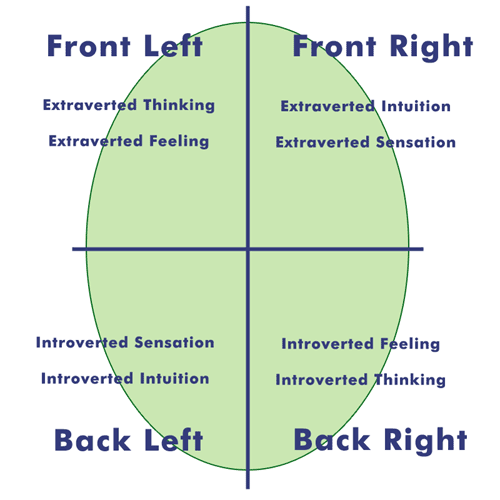Frankly, all human skills are useless. I hope we won't be making huge fuss about it, and just enjoy it.

I also don't believe that this is fixed. You can learn anything, I guarantee you you can learn math. Think about being born in a world without arts and languages, only math - you would learn math then, guaranteed. It's all about approach and the influences. But there's the right approach for anyone to learn something different than what they think is their only capability.
Here, in my case for example, I used to believe i SUCK at languages (except my native one, which I kinda over-perfected), and that I'm only good at other stuff like math and logic. But then, these days, I found out that I can learn languages like Korean, Japanese and even Chinese, which are considered hard. And it's fun. So I guess it's all about finding the way that you can actually enjoy the learning process, and you will be able to break through.
While we are at math topics, and since it's MBTI-oriented forum; I was wondering why people associate T with logic and math, F - not. That's false, most T-dominant people I've met aren't very good at logic and math. I think the functions for scientific reasoning are S (rules) and N (invention), with T and F being different ways to choose and pick directions of interest. Being within science-related circles for some time, and surveying people's MBTI, i concluded that the F-people are not less represented than the T-people, or less successful.
I used to believe that F are more likely to be found in teaching departments, and T are more likely to be in research, but that's also not true. For their own specific reasons, Fs can be attracted to research, and T to teaching, and be very good at what they've chosen.
Similar with arts, more often than not people assume Fs are better there, and that Ts struggle and avoid arts, and that's again false.
p.s. last note, math so far is still very primitive in representation and information access. It has a long way to go, still, to improve its own dogmatic representations, while it already has gone a very long way, compared with the past. Ideally, it will just become more accessible and easy to understand with time, without losing any content value (in fact, while improving the content value). So people mistake obscurity for depth. Don't fall for that.


